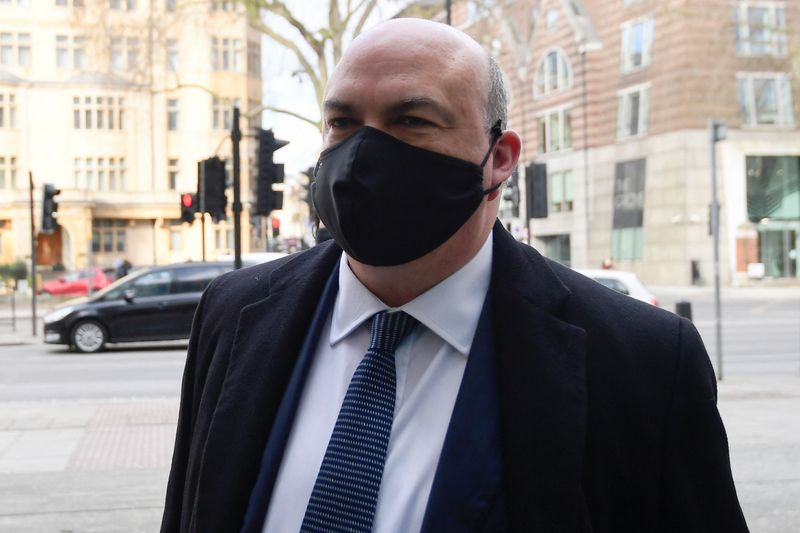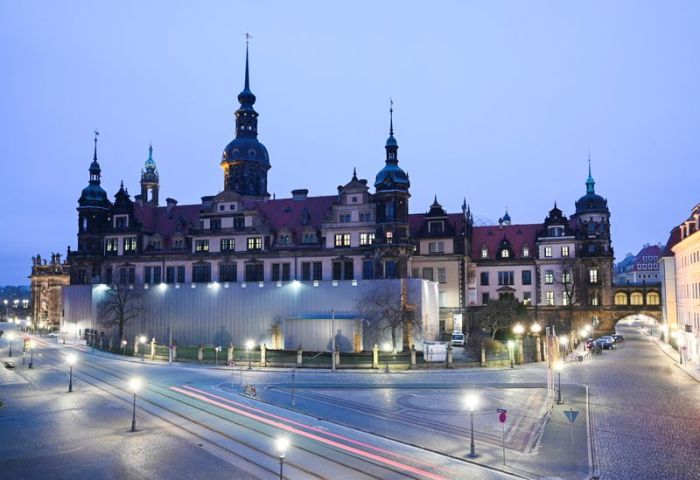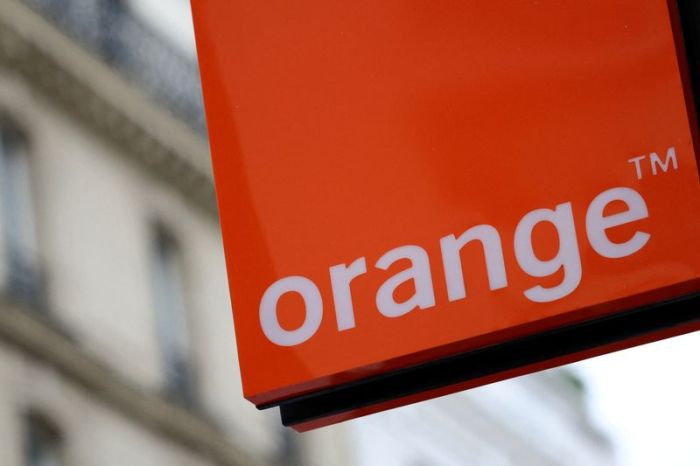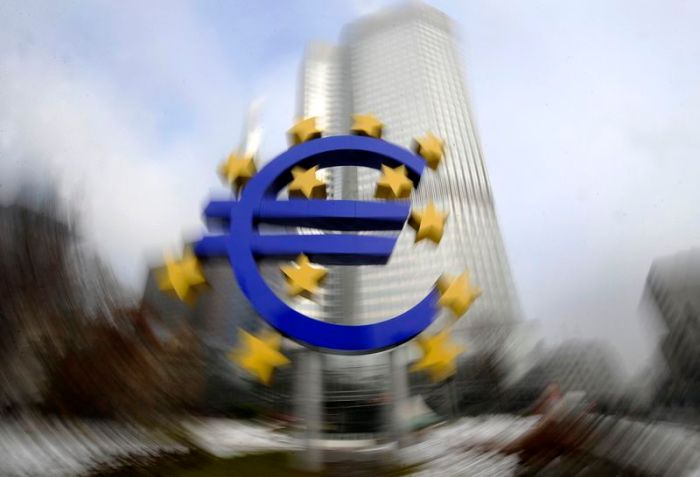LONDON (Reuters) – A British judge found on Friday that tech tycoon Mike Lynch had masterminded an elaborate fraud to inflate the value of his company Autonomy before it was bought by Hewlett-Packard for $11 billion in 2011 in one of the UK’s biggest tech deals.
Lynch received a further blow later on Friday when Britain’s interior ministry ordered his extradition to the United States to face criminal charges over the deal that carry a maximum prison term of 20 years.
Lynch intends to appeal both the judge’s finding and the extradition order, his lawyers said.
Finding in HP’s favour following a near decade-long battle, Justice Robert Hildyard said the Silicon Valley company had won the majority of its civil case against Lynch although the damages to be announced at a later date would be significantly smaller than the $5 billion demanded.
“The claimants have substantially succeeded in their claims,” Hildyard told the High Court, in a one hour summary of his much longer judgment, following a nine-month trial and a two-year wait for his decision.
The judge said Lynch was aware that practices Autonomy engaged in were dishonest, its revenue recognition was improper and its accounts were false.
The court’s decision coincided with a Friday deadline for Britain to decide whether or not to extradite Lynch.
Britain’s interior ministry said that it had to sign the extradition order if there were no grounds to prohibit the order being made. The criminal charges in the United States include wire fraud and securities fraud.
“On 28 January, following consideration by the courts, the extradition of Dr Michael Lynch to the US was ordered,” a Home Office spokesperson said.
Lynch’s lawyers said that as he is a British citizen who ran a British company, the case should not be resolved in the United States.
“Dr Lynch firmly denies the charges brought against him in the U.S. and will continue to fight to establish his innocence,” lawyer Chris Morvillo said.
“This is not the end of the battle — far from it. Dr Lynch will now file an appeal to the High Court in London.”
FALL FROM GRACE
It is a dramatic fall from grace for Britain’s most successful tech leader.
The 56-year-old turned ground-breaking research at Cambridge University into the foundation of Autonomy, which became Britain’s biggest software company and a member of the blue-chip FTSE 100 index.
He was lauded by academics and scientists, and asked to advise the government on technology and innovation.
Autonomy’s “almost magical” capability, as it was once described by HP, was to search and organise unstructured information for clients, a killer application in a world of unlimited data and artificial intelligence.
It was bought by HP, described by the judge as being in the doldrums at the time, in a move that was designed to transform the computer and printer maker into a more profitable business focused on software.
The acquisition turned sour almost immediately.
HP wrote down the value of Autonomy by $8.8 billion within a year and sought damages from Lynch and his finance director Sushovan Hussain. Hussain was convicted of fraud in the United States and sentenced to five years in prison in 2019.
Lynch said HP did not know what it was doing, and was out of its depth in understanding his technology.
He spent 20 days on the stand during the case.
Giving his verdict on Friday, Judge Hildyard found that Lynch and Hussain had fraudulently concealed a “fire sale” of hardware and engaged in convoluted reselling schemes to mask a shortfall in sales of Autonomy’s software, the business HP coveted.
That had enabled Autonomy to meet quarterly financial forecasts and maintain its high share price before the acquisition.
“HPE is pleased that the judge has held them accountable,” a spokesman for Hewlett-Packard Enterprise (HPE) said after the London court ruling.
Lynch was also central to the creation of DarkTrace, a cyber security firm that listed on the stock market last year with a current value around $3.6 billion. Lynch and his wife Angela Bacares own nearly 16% of DarkTrace, according to Refinitiv data.
HP sold the remnants of Autonomy along with other assets to British company Micro Focus in 2016.
(Additional reporting by Alistair Smout; Editing by Guy Faulconbridge, Elaine Hardcastle and Grant McCool)

























